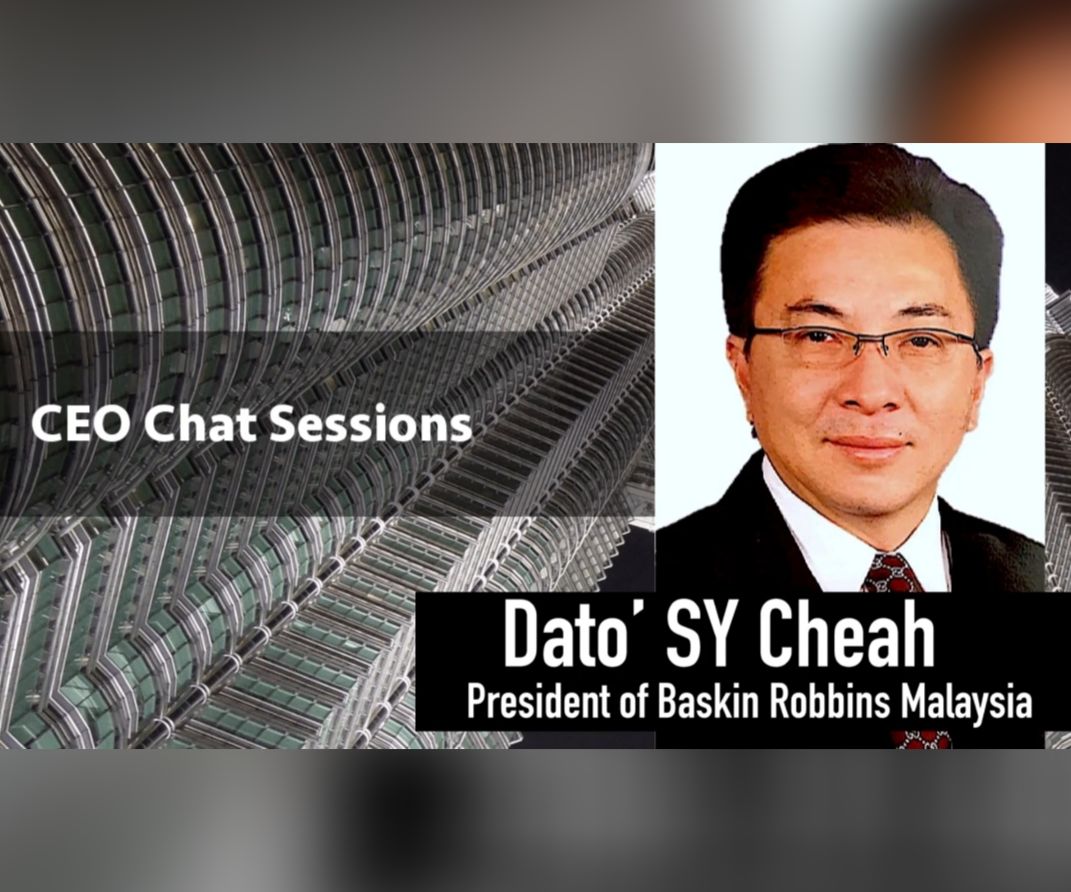Career Conversations: The Key To A Highly Engaged Workforce

IN this age of digital disruption, many organisations are making transformational changes to keep up with the ever-changing needs of their customers.
A highly engaged workforce is essential in helping organisations remain relevant in increasingly competitive markets.
However, keeping employees engaged is no easy task – many factors come into play, such as current salary and benefits, opportunity for career progression within the organisation, and appreciation from the management.
In fact, a 2018 report by Aon on global employee engagement trends showed that career opportunities was one of the top three factors that affected employee engagement levels.
A 2017 LinkedIn survey that sought to provide insight into the minds of professionals in Malaysia revealed that while salary is a major consideration in career decisions, intrinsic motivators – such as cultural fit within the organisation and growth opportunities – are also essential.
Why employees switch jobs (excluding the salary factor):
- More challenging work (34%)
- Better skills and interest fit (32%)
- More growth opportunities (32%)
Why employees stay:
- Opportunities for challenge or to improve skills (58%)
- Opportunities for promotion (39%)
- Confident about company’s future (38%)
Leaders often have no clue when their employees are dissatisfied in their current roles, and are taken by surprise when the employee tenders his or her resignation.
However, how can the leaders of an organisation possibly know what their employees are really thinking?
The answer is simple: Leaders need to start having open, honest conversations with their employees.
Career conversations
Career conversations can be described as any deep and meaningful dialogue between leaders and their reports, paired with action plans around measurable goals.
These conversations are not to be confused with performance reviews, which generally reflect on the past and help employees understand how they can do better moving forward.
Career conversations on the other hand, are forward-looking.
The outcome of these conversations should take into account the employee’s motivations and their vision for the future, before setting concrete and measurable actions that the employee can take towards achieving their goals.
This is crucial for both employees and leaders alike. Our careers form a large part of our lives, and giving proper thought to our goals and how to achieve them can greatly impact our success.
Career conversations are one of the best ways for leaders to learn what motivates their employees and build a strong working relationship with them.
These conversations not only help leaders understand how to help their employees grow, but more importantly, how to help them grow towards what matters to them.
Remember, employees are interested in growth as well as fit within an organisation. No matter how much professional and personal growth they experience in their current role, it may not be enough to keep them engaged if it does not match their long-term goals.
It is only by understanding the employee as an individual and recognising their hopes for the future, can leaders truly help employees reach their full potential within the organisation.
Take United Overseas Bank (Malaysia) Bhd (UOB Malaysia) executive director and country head of business banking, Raymond Chui, for example.
He has been with the organisation for 21 years, and shares that his supervisors played a critical role in his career development at UOB Malaysia.
He says: “My supervisors were proactive, and they engaged me in discussions regarding my learning objectives and interest in progressing within the organisation.”
“As a result of these conversations, I had the opportunity to move across functions, from generalist roles to specialist roles, and back again. I found this useful even to my personal growth,” adds Chui.
Now that he is in a leadership position, Chui does not wait for the annual performance review to talk to his direct reports.
“I practise constant, open feedback and discussions so that everyone is on the same page in terms of expectations. This is important to ensure healthy growth for all my one-downs.”
It is because of this that UOB Malaysia’s business banking division introduced career conversations, which was later implemented in other divisions as well.
Care, growth and trust form the pillars of the bank’s employee value proposition (EVP). It expresses UOB’s promise to help their people grow professionally and personally, and to empower them to make a difference.
“We believe that when an individual joins us, he or she becomes part of the family. This is why we launched career conversations – to take care of our employees and their goals, in line with our EVP,” says Chui.
The challenge
Many people think that they are already having career conversations, but more often than not, what they are doing are performance reviews.
Even for those who do have some form of career conversation, it’s usually done with a check-the-box mentality.
Here’s a prime example: the individual development plan (IDP).
When we’re asked to come up with an action plan in the form of an IDP, how many of us complete it just for the sake of having something to submit?
It looks good on paper, but without a proper system to follow up, most of us would never look at our IDPs ever again. The box is checked, but there has been no real impact.
UOB Malaysia has not only carried out the IDP exercise in their business banking division, but has also implemented monthly discussions to facilitate ongoing conversations between the team leaders and direct reports.
The 53 IDPs collected has allowed the management to better understand the career aspirations of each employee and compare this against their current progress within the division.
Employees who are considered ‘high-potential’ were then invited to attend a skip level interview. This provided them with the opportunity to meet with their second level supervisor to discuss their career goals, and how they can work with the management to progress in their career at UOB Malaysia.
These career conversations resulted in the promotion of 13 employees to managerial positions, with another 25 employees being selected as relief team leaders.
Based on the IDPs, the management also identified key areas that these employees needed to develop to be effective in their new roles, and the training programmes required to acquire these competencies.
“The top management takes a serious interest in our talents. In addition to career conversations, talent conversations are held every six months, where we discuss employee movement and development,” shares Chui.
Food for thought
We’re surprisingly unstructured when it comes to our careers – the one thing that we spend the better part of our lives on (besides sleep).
We spend time planning family outings, gatherings with friends, and holidays, but why do we rarely put in the same amount of thought in planning our careers?
It’s time we stepped up and took charge of our career development. If your organisation isn’t having career conversations yet, take the initiative to start one with your team leader.
It is, after all, your future.
Prefer an e-mag reading experience? No problem! This article is also available in our 18 August 2018 digital issue, which you can access here.
Business






